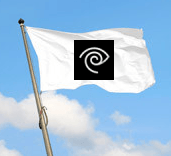 If Time Warner Cable is concerned about the rising cost of cable television, it sure didn’t show it after sources revealed the cable company quickly accepted CBS’ demands for more compensation but is refusing to budge until it wins rights to show CBS programming on mobile platforms.
If Time Warner Cable is concerned about the rising cost of cable television, it sure didn’t show it after sources revealed the cable company quickly accepted CBS’ demands for more compensation but is refusing to budge until it wins rights to show CBS programming on mobile platforms.
Sources tell the Daily News Time Warner quickly agreed to a major increase from 50 cents a month per subscriber to $2 a month for CBS content, but is keeping CBS-owned stations and cable networks off the dial until the network agrees to let the cable company distribute on-demand and live programming on cell phones, tablets, and personal computers.
Earlier this week, Time Warner Cable CEO Glenn Britt made an offer CBS couldn’t wait to refuse: the cable company would put CBS programming back on the lineup if it could be sold to customers a-la-carte instead of bundling it with other channels.
That would “allow customers to decide for themselves how much value they ascribe to CBS programming,” Britt said in a letter to CBS CEO Leslie Moonves that was promptly posted online.
CBS called the idea a sham, noting a-la-carte runs contrary to the economic model the cable industry itself regularly and loudly defends. Try telling ESPN, which costs every cable subscriber more than $5 a month, it will now be offered only to customers that want to pay for it.

Phillip “Capitulation Corner” Dampier
In fact, for most cable operators, the concept of selling customers only the channels they want is the nightmare scenario. Average revenue per subscriber would tumble as consumers rid themselves of networks with three digit channel numbers they didn’t even know they had. Goodbye ‘Yarn Creations’ on Generic Home Shopping Channel 694, Bosnian music videos, reruns of Simon and Simon, mysterious networks showing episodes of Law & Order that USA Network already burned into your permanent memory, and that “fine arts” network that shows endless hours of Antiques Roadshow dating back to 1998.
Digital rights is an important issue for both cable companies and programmers. Although both sides deny “cord cutting” is real, the intensity of the fight allowing online viewing says otherwise. If CBS gives away rights to Time Warner Cable to show live and on-demand programming to subscribers, CBS can’t make as much money offering shows on its own website (with its own ads), much less sell programming to customers. Time Warner fears if CBS only offers online programming through its own website, customers might decide they don’t need the cable company to watch those shows any longer.
“At the moment the cable operators have the leverage because the more that CBS is off the cable, the more that they realize the viewers don’t need it,” said media expert Michael Wolf, former Yahoo! board member and president of Viacom-owned MTV Networks.
For now, many viewers are turning to pirate video sites to catch the CBS shows they are missing. TorrentFreak reports huge spikes in illicit download traffic of CBS content over the weekend. Under the Dome was the source of much of the spike, although customers are also downloading pirated copies of Showtime programming. The evidence is clear: take away popular programming and customers will simply download it illegally from third-party websites.
As summer wanes and the fall football season approaches, just about everyone expects the war will quickly end, because football fans are more than willing to drop a provider if they can’t spend several hours in front of the television Sunday afternoon. Considering Time Warner has reportedly already caved in on CBS’ money demands, it is likely CBS will be able to eventually extract even more money from the cable company to secure digital distribution rights. Subscribers will pick up the tab for both during the next round of rate increases beginning this fall in the south and by January in the northeast.
Time Warner Cable’s latest regulatory notice admits current deals with more than 50 networks are due to expire soon, and the company may cease the carriage of one or more of the networks. They include: Lifetime, E!, Style, Turner Classic Movies, and the NHL Network. So just like Law & Order reruns, we will see this episode again in the near future.

The PGA is offering a way for golf fans to watch some of the PGA Championship online, bypassing the CBS-TWC dispute.
[flv]http://www.phillipdampier.com/video/CNBC PGA Time Warner 8-8-13.mp4[/flv]
Perhaps the biggest loss viewers without CBS will experience this weekend is the PGA Championship. CNBC talks with tournament officials in Rochester, N.Y., about the possibility of viewing alternatives. But golf fans can watch parts of the tournament for free from the PGA’s website. (3 minutes)
[flv width=”640″ height=”380″]http://www.phillipdampier.com/video/Bloomberg The Future of Cable Post CBS-TWC Battle 8-6-13.flv[/flv]
Bloomberg News reports that while many cable viewers could care less about the loss of CBS and Showtime, broadband customers may care very much when cable operators start charging extra for Netflix or add punitive usage caps to make sure customers don’t cut cable TV’s cord. (3 minutes)


 Subscribe
Subscribe Time Warner Cable broadband customers who briefly unplug their modems to reset them will discover slightly improved download and upload speeds from the cable company.
Time Warner Cable broadband customers who briefly unplug their modems to reset them will discover slightly improved download and upload speeds from the cable company.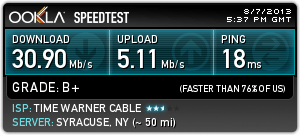
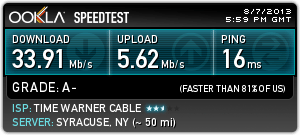

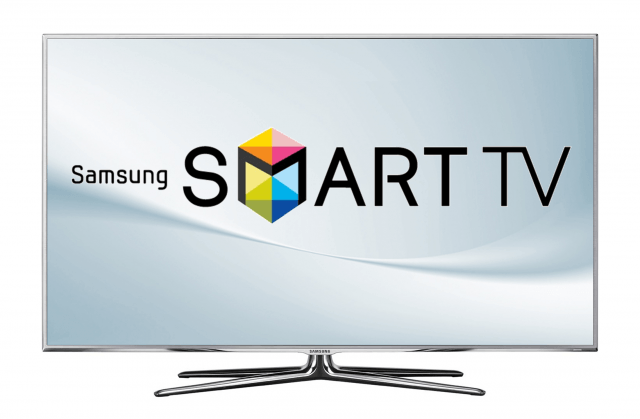
 A Wall Street analyst has urged Time Warner Cable’s competitors to deny promotional pricing to new customers switching providers because of the CBS blackout.
A Wall Street analyst has urged Time Warner Cable’s competitors to deny promotional pricing to new customers switching providers because of the CBS blackout.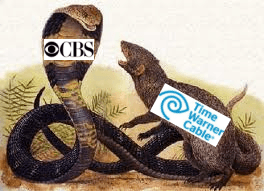 DirecTV is among the first to express solidarity with its cable competitor, issuing a statement last weekend:
DirecTV is among the first to express solidarity with its cable competitor, issuing a statement last weekend: Analysts were surprised at the premium price AT&T agreed to pay when it announced last month it was acquiring Leap Wireless — owner of the Cricket brand prepaid cell phone service — for $1.2 billion plus assuming $2.8 billion in net debt. But newly released documents show AT&T will win significant tax concessions allowing it to shelter hundreds of millions in revenue from the tax man.
Analysts were surprised at the premium price AT&T agreed to pay when it announced last month it was acquiring Leap Wireless — owner of the Cricket brand prepaid cell phone service — for $1.2 billion plus assuming $2.8 billion in net debt. But newly released documents show AT&T will win significant tax concessions allowing it to shelter hundreds of millions in revenue from the tax man.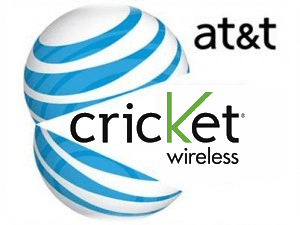 In May, as T-Mobile closed in on its takeover of similarly sized MetroPCS, things changed. AT&T ended up being the sole bidder for Cricket, offering $9.50 a share.
In May, as T-Mobile closed in on its takeover of similarly sized MetroPCS, things changed. AT&T ended up being the sole bidder for Cricket, offering $9.50 a share.